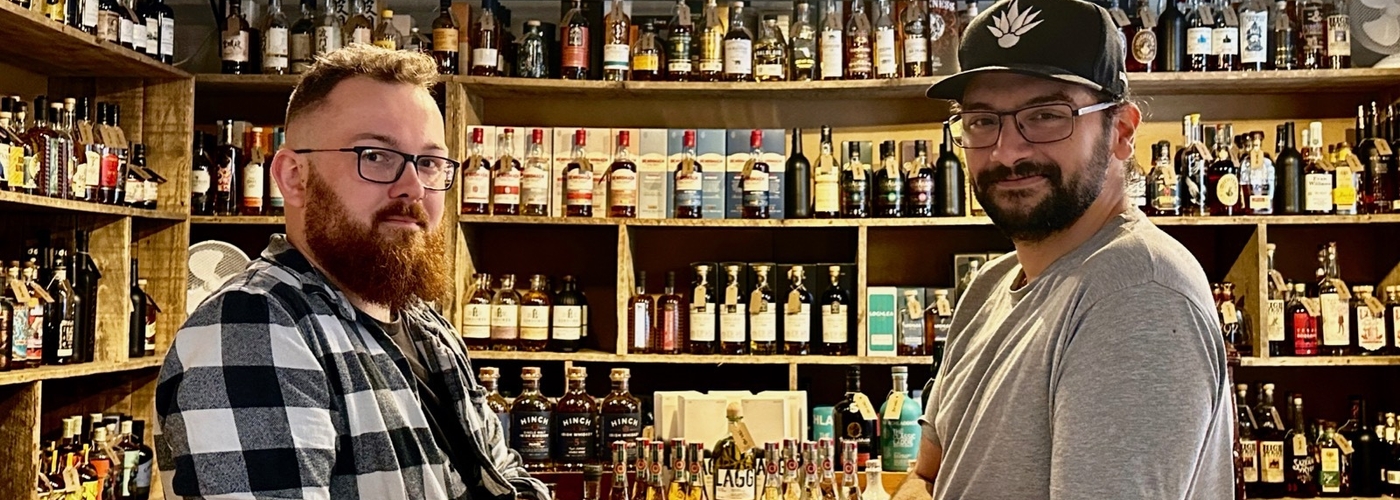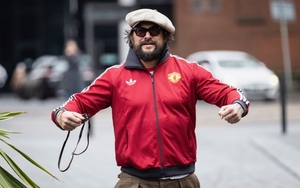A month on from the tax increase, Harley Young speaks with some of Manchester’s independent hospitality traders to see if anything's changed
“It seems a strange decision to try and raise taxes this way when the industry has already been massively hammered,” said Seb Heeley-Wiggins, Co-Founder of The Spirit of Manchester Distillery and Watson Street bar Three Little Words.
The government announced at the spring budget 2023 they would be increasing alcohol duty rates in line with the Retail Price Index (RPI).
This change came into effect on 1 August 2023, impacting (and continuing to impact) all alcoholic products produced in and imported into the UK.
“We’re feeling it at both ends. We have our cocktail bar and restaurant, Three Little Words, and then we have our distillery, The Spirit of Manchester,” said Seb.
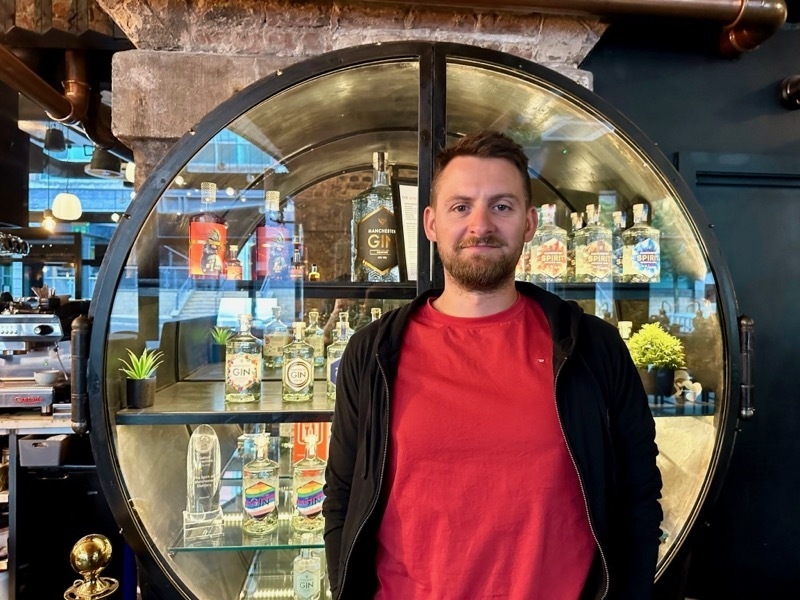
You could be looking at a hundred or more people’s lives being affected per venue
He explained that whilst he and his co-founder and wife Jen have managed to avoid raising the costs of their drinks to direct consumers, both in the bar and online, they’ve had to make the difficult decision to increase prices on wholesale products.
“We’ve had to increase our prices by roughly 80-88p per bottle depending on the product. Over the last three years, every single part of creating our spirits has gone up. The cost of glass has gone up by 80%, raw materials are up 40%, the raw alcohol we buy in to make our gin has also gone up at least 30%,” he said, adding, “Throughout that entire period we didn’t put our prices up and effectively soaked up the loss. Now, another 88p on top of all that is just too much.”
Seb says that their profit margin is now around 25% less than it was before these price increases came into play. As well as the costs of creating their spirits and buying in other alcoholic beverages to stock their bar, there’s the cost of fuelling all of that.
“Post-COVID, our energy bills have gone up threefold from £40,000 to £120,000 over the winter. We had to sign an energy contract just before Christmas so we’re stuck with those prices for another year, but obviously you can’t pass those costs on. With a business, you can’t just turn the lights off and be conservative with energy like you could at home. We can’t email someone that’s made a reservation with us and say ‘Bring your coat, it’s going to be cold.’ and turn the heating down. It doesn’t work like that.”
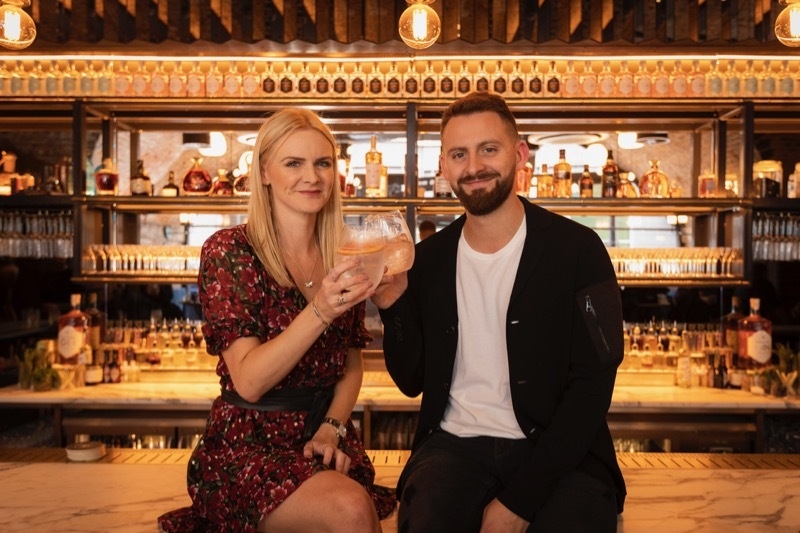
Seb and his team want to avoid hiking up their prices where possible as they don’t believe passing the additional costs onto the direct consumer is fair. “Everyone at home is feeling the squeeze. We could put our prices up but, ultimately, we’d lose customers and sell less. It’s a really tough time for the industry as a whole.”
He added that the impact on hospitality businesses, especially smaller independent ones, is far worse now than it was during COVID.
“During COVID, there was support from the government. Everyone was advocating supporting local businesses and would get behind their local venues, breweries, distilleries. Whereas now everyone is feeling the squeeze for all these different reasons. It’s not so much dog-eat-dog out there, but there’s much less overall sympathy and support for the industry.”
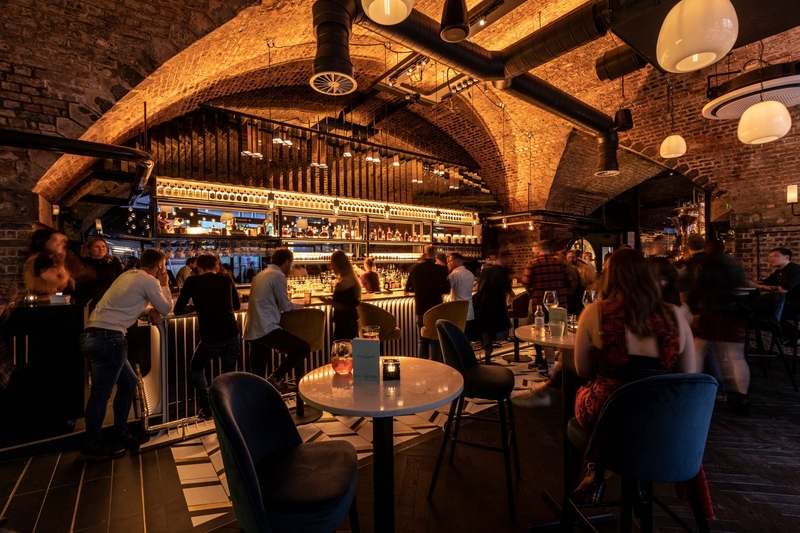
It’s not just Seb and his team that are impacted by the changes. The knock-on effect from raising the tax on alcohol spans the whole of the Manchester hospitality scene.
“We employ over 40 people here. If our business starts to suffer, then that impacts 40 people’s lives. Then they’ve got wider families, too. And that’s not just us, that’s across every venue in Manchester. You could be looking at 100 or more people’s lives being affected per venue.”
Another business that has felt the strain and inconvenience of the untimely increase is Tipples of Manchester, an independent spirit shop and gin specialists in the city centre.
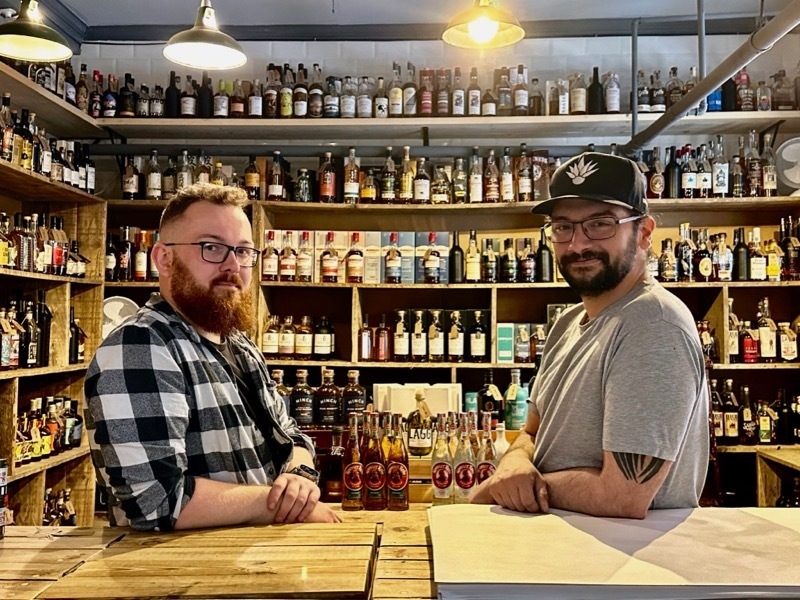
“It was going to happen at some point. It hasn't happened for the last couple of years. It was only a matter of time before it started happening again,” Greg Adams, Co-owner of Tipples of Manchester said in relation to the tax change.
“The solace I can see with it is that it's gone up by the same amount of every product for everybody. So, it's not just independent shops that are suffering. Although saying that, we’re not able to strike up a big brand deal like the supermarkets can which would offset those costs,” he added.
Because of the tax alterations, Greg, and co-owner Thomas Pedley, have had to re-label every bottle of alcohol in their shop by hand. If you’ve never been to Tipples of Manchester, trust us when we say that that’s a hell of a lot of bottles.
“It took the best part of a week. We had to get new price listings from all of our suppliers, which is about 40 of them, then update every price on our website, every price on the till, and every price tag on the bottles.”
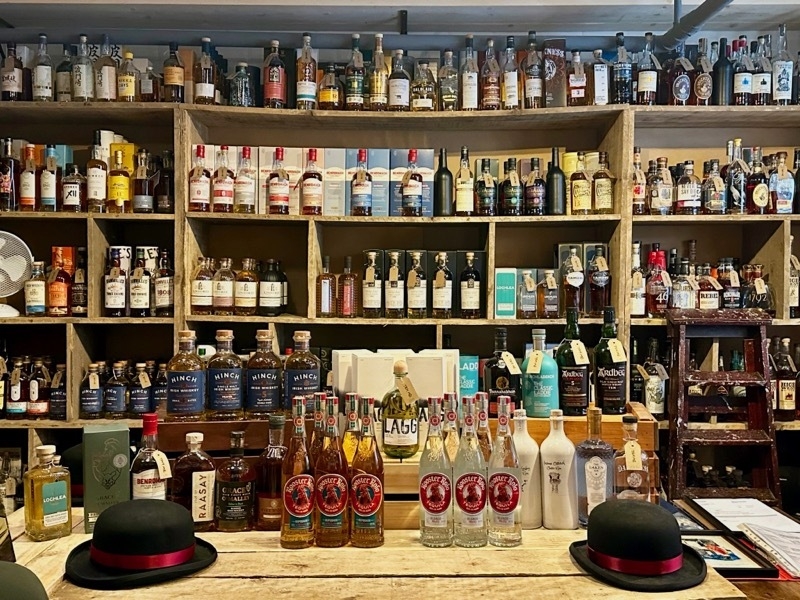
Even things that seem miniscule add up for a small business like this one, such as replacing every paper tag on hundreds of bottles.
The duty on alcohol has been raised to £31 per litre of pure alcohol. For example, if you bought a spirit that was a 40% ABV, you would pay 40% of the £31, equating to £12.40 in tax. The higher the ABV, the more the tax and so on.
“In simple terms, the average cost price of a bottle of spirit has gone up about 80p, exclusive of VAT, for retailers like us.” explained Greg.
It might not sound like much, but when you multiply that 80p by a few hundred bottles per week, the additional costs add up very quickly.
“Gotta love the irony of the fact that [Rishi Sunak] did a press piece-to-camera of being taught how to pull a pint of cask ale on the day that the duty went up. Like, dude,” laughed Greg.
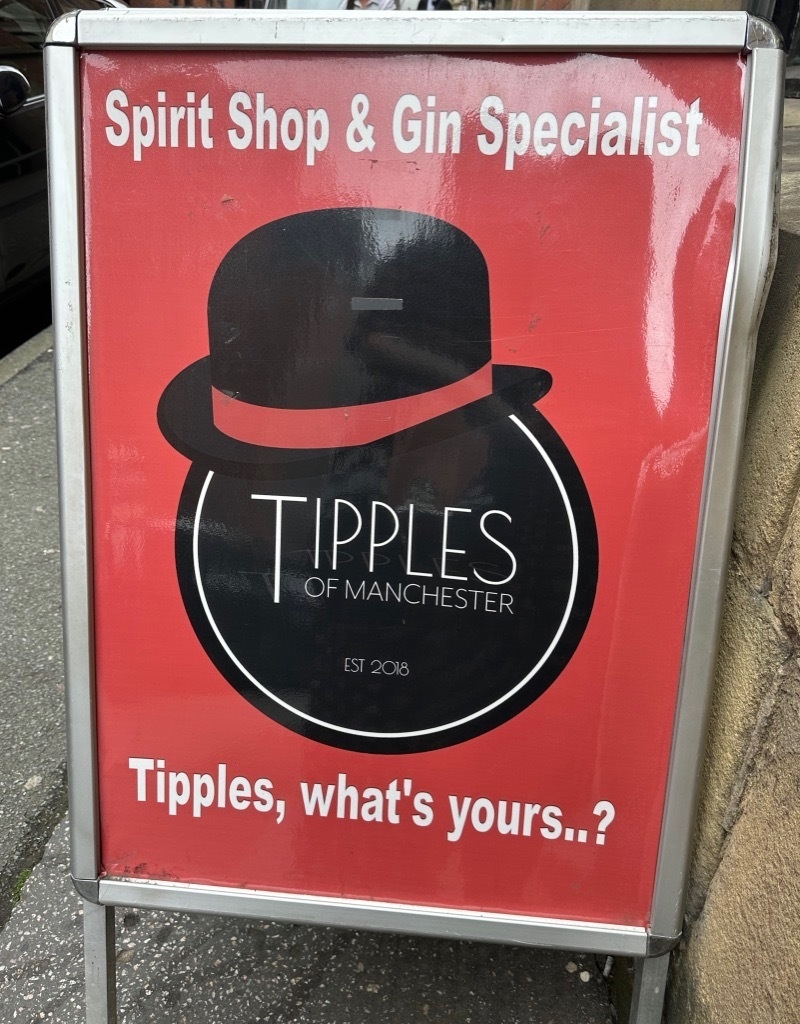
In regards to trade, the pair have noticed a slight dip in customers visiting the shop.
“Towards the back end of August, when you hit the Bank Holiday weekend, everybody's out in Manchester. Usually we see sales start to pick up and they’re just not. I think it's the tax rise. People don't have as much money so they're not going out as much,” said Thomas, adding, “Online sales seem to have picked up a little bit. So that could be a sign that people are drinking more at home.”
But what could the government have done to support small businesses like this one before dropping the bombshell of price hikes in an already struggling economy?
“Send Rishi Sunak to actually come and do something real. Like actually spending a day working behind a bar. Do a shift and see the impact that it's going to have on small businesses. They can sit there and go ‘We champion small businesses’ and then do everything they can to screw them over,” said Thomas.
Greg and Thomas fear that, as the cost of living increases, people will no longer have the opportunity to support small businesses like theirs and pay slightly more than they would if they were buying their alcohol from a massive online retailer like Amazon.
“We very often get people coming in saying ‘Yeah, I could probably get this a couple of quid cheaper online but I want to come and support you.’ You're going to start seeing a lot less of that. Big names like Amazon and the supermarkets, can absorb more of that cost increase than we can.”
While the government raised the duty cost of spirits, they also increased the value of ‘Draught Relief’ from 5% to 9.2% for qualifying beer and cider products and from 20% to 23% for qualifying wine, other fermented products and spirits. This means that businesses that primarily sell beer and lower ABV drinks might not have experienced such a shift in their overall outgoings.
Keith McAvoy, co-founder of SEVEN BRO7HERS Brewery has not noticed a huge difference in the company’s ways of working.
“[The duty increase] hasn’t affected us massively. The beers we sell are mainly sessionable with an average maximum percentage of 6%,” he said, adding “Changes in the laws will, of course, affect our bottom line but we try and absorb the increases as much as possible.”
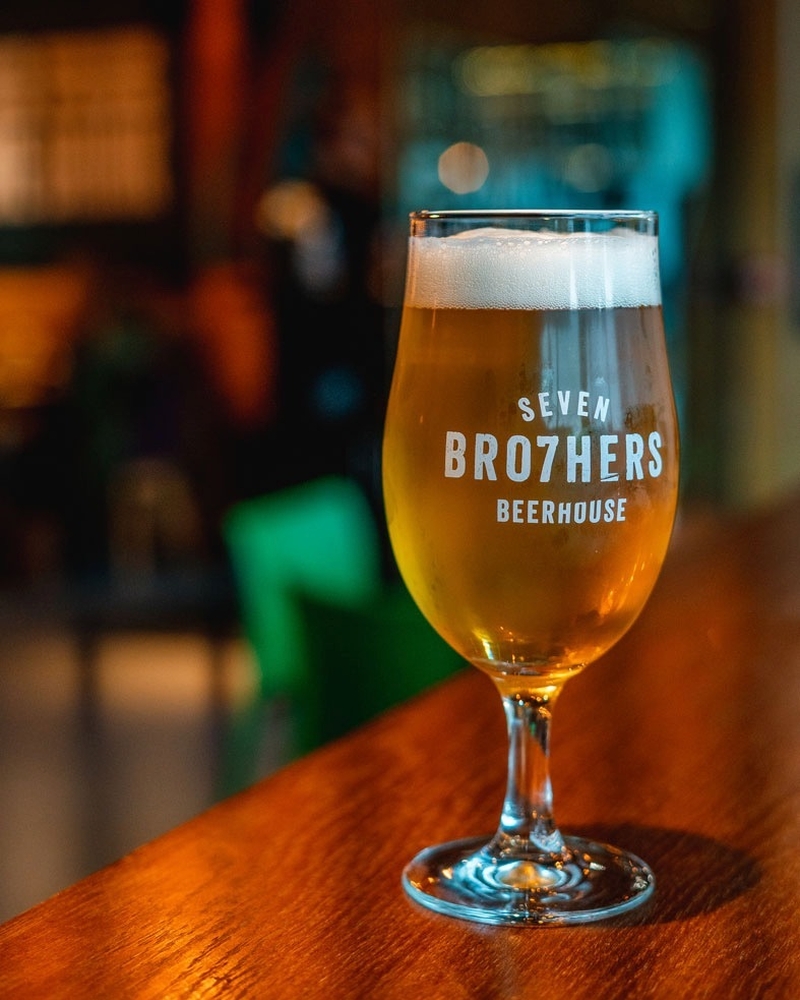
Keith said that SEVEN BRO7HERS haven’t raised the price of any of their beers as of yet, but they may need to consider this in the future if increased costs adversely affect the business. As most of the beer they sell is below 8.5% ABV, they haven’t felt a need to change the cost of any of the drinks they brew at this current time. The only alcohol they have increased the price of since the new duty laws is spirits and wine.
The brewery doesn’t plan on making any lower ABV drinks to combat the taxation. Keith said “We have a range of beers from 3.8% to 6% and won’t be changing any of these.” The much-loved Manchester brewery is currently crowdfunding for their forever home.
Find out more about how you can help them on their journey here.
Follow Harley Young on Twitter @Harley__Young
Read next: 10 things to do in Manchester this September
Read again: The Ghost of Mayfield: did this photographer really snap a spirit?
Get the latest news to your inbox
Get the latest food & drink news and exclusive offers by email by signing up to our mailing list. This is one of the ways that Confidentials remains free to our readers and by signing up you help support our high quality, impartial and knowledgable writers. Thank you!






